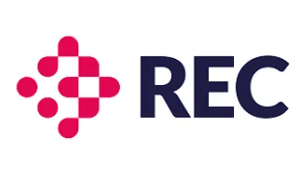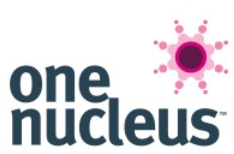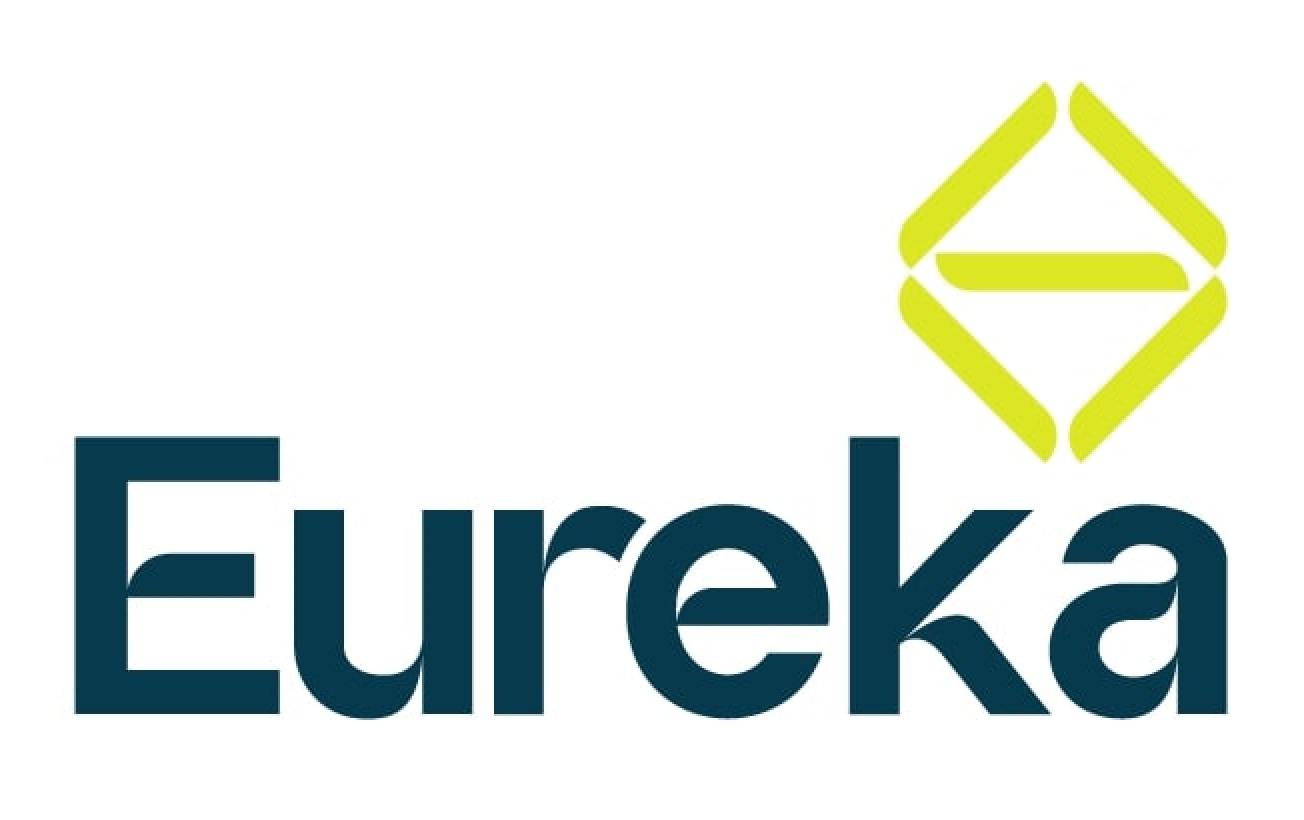How we work
Because we're pioneers we're
best placed to find you yours
As pioneers in talent, we instinctively recognise others who lead from the front. Our focus on excellence, combined with smart technology, means we consistently outperform — keeping you ahead of the curve. We’re driven by purpose, fuelled by ambition, and committed to making real impact through the work we do.

Eureka
exclamation - a cry of joy or satisfaction when one finds or discovers something.
A new teammate. A new client. A new brief. A new candidate. A new hire.
Eureka!
Diversity, equity and inclusion (DE&I)
At Eureka, we believe the best teams are built on diverse perspectives and equitable access to opportunity. Inclusive hiring is embedded in how we work — from bias-aware job description reviews to structured interview frameworks and fair resume evaluation.
Our approach supports founders and leadership teams in building high-performing, globally diverse teams — helping drive innovation, growth, and long-term success.
More conversation, more human
As a people-first business, we believe conversations beat emails.
We build meaningful relationships through trust, transparency, and straight-talking advice — even when it’s not the easy option.
We say what we mean, follow through, and never underestimate the power of praise and genuine appreciation.
Industry partnerships, global networks
We invest in partnerships that sharpen our edge and keep us ahead of the curve.
With deep global experience and access to top executive and technical talent, we help clients hire across borders — with cultural insight and precision that makes the difference.
Professional memberships



Insights

In a landscape defined by breakthrough science and rapid technological evolution, the way we think about talent needs a revolution of its own. Traditional hiring methods no longer match the pace and complexity of innovation. At Eureka, we've reimagined how talent fuels the future of biotech, medtech, and healthtech. Here are six key trends reshaping the talent landscape for innovators ready to make bold moves. 1. Leadership agility over static experience In the past, leadership hires focused heavily on years of experience and sector pedigree. Today, adaptability, cross-functional insight, and rapid learning agility are equally, if not more, critical. The ability to lead through ambiguity, pivot strategies quickly, and harness interdisciplinary teams defines the leaders shaping the future. 2. Fractional talent solutions on the rise Startups and scale-ups, especially those navigating post-seed and series A/B funding, increasingly leverage fractional talent. Fractional talent advisors and interim executives bring high-level expertise without the full-time cost, allowing companies to scale smarter and more flexibly during periods of high growth or transition. 3. Bold employer branding to win top talent The best candidates are selective. Biotech and health AI companies must now actively build brands that communicate not just mission but momentum. A bold employer brand that highlights innovation, impact, and a commitment to career growth is a magnet for the next generation of talent. 4. Strategic talent advisory over transactional recruitment Transactional recruitment fills jobs, while st rategic talent advisory builds futures. Companies that partner with advisors rather than agencies benefit from workforce planning, leadership pipeline development, and hiring frameworks that support long-term scalability. 5. Career development as a talent magnet Today’s ambitious candidates view roles not just as jobs, but as career accelerators. Organisations offering coaching, mentoring, and clear development pathways will stand out. Career growth strategies are no longer a 'nice to have' — they're a competitive differentiator. 6. AI-enhanced hiring processes AI tools now power everything from sourcing to candidate evaluation. Forward-thinking companies leverage AI to enhance — not replace — the human side of recruitment. When used well, AI reduces bias, accelerates hiring timelines, and ensures a sharper alignment between candidates and company needs. The bold future of talent starts here Biotech, medtech, and healthtech innovators are redefining industries — it's time talent strategies do the same. At Eureka, we're here to help you make bold moves with recruitment, career coaching, and strategic talent advisory services designed for the future. Ready to rethink your talent strategy? Connect with us today to build the bold leadership teams of tomorrow.

The general term ‘assessment’ that we know in the work context typically refers to evaluating individuals' skills, knowledge, abilities, and personality traits. There are, of course, other characteristics that are equally important when choosing a candidate to join your team and the larger organisation. While KSAs (knowledge, skills, and abilities) are very important to match the job in question, characteristics such as a person’s personality, communication, learning style, personal value, and motivation are equally, if not more important, as these would determine the candidate’s outlook and commitment towards the role they are applying for. So, assessments can take various forms, such as tests, interviews, simulations, and evaluations. Assessments embedded in the hiring process are crucial for several reasons: 1. Objective Decision Making: It provides employers with concrete data to make informed decisions about hiring, promotion, or training. 2. Identifying Strengths and Weaknesses: Assessments help identify candidates' strengths and areas for development, aiding in better placement and support within the organisation. 3. Predicting Job Performance: Certain assessments, such as cognitive tests or job simulations, can predict how well candidates will perform in specific job roles. 4. Reducing Bias: When designed and implemented properly, assessments can help reduce bias in hiring decisions by focusing on objective criteria rather than subjective judgments. 5. Improving Employee Retention: By ensuring that candidates are well-suited for the role, assessments can contribute to higher job satisfaction and lower turnover rates. An assessment provides several advantages in the hiring process: 1. Efficiency: It helps streamline the hiring process by quickly identifying candidates who possess the required skills and qualifications for the jobs advertised. 2. Cost-Effectiveness: Assessments can help minimise the cost associated with hiring by reducing the likelihood of hiring individuals who are not a good fit for the role in a fair and non-biased approach. 3. Quality of Hire: By ensuring that candidates are assessed based on relevant criteria, organisations can improve the quality of their hires, leading to better overall performance and productivity. 4. Legal Compliance: Using standardised assessments can help ensure that hiring practices comply with legal regulations, particularly regarding discrimination and equal employment opportunities. Assessments are for various stakeholders: 1. Employers: They use assessments to make informed decisions about hiring, promotion, and development of employees. 2. Candidates: Assessments provide candidates with an opportunity to showcase their skills and abilities, ensuring that they are well-suited for the role. Also, assessments can help candidates understand and learn about themselves better. In areas where they may have over or underrated themselves against a role they are applying for, there are candidates who would like to be assessed if their preferences and values have changed over the years. 3. HR Professionals: Human resources professionals utilise assessments to design effective hiring processes, identify training needs, and support talent management initiatives. Assessment can also be integrated into different stages of the hiring process: 1. Pre-Screening: Assessments may be used initially to screen candidates based on their qualifications, skills, or personality traits. 2. Interviews: Some assessments, such as competency-based interviews or situational judgment tests, may be conducted during the interview stage to further evaluate candidates' suitability for the role. 3. Final Selection: Assessments may also be used as a final step in the hiring process to validate hiring decisions or inform onboarding and training plans. Ready to transform your hiring process and harness the full potential of your team? Start integrating comprehensive assessments today and pave the way for a dynamic, innovative, and inclusive workplace. Let's elevate your hiring strategy – together.


